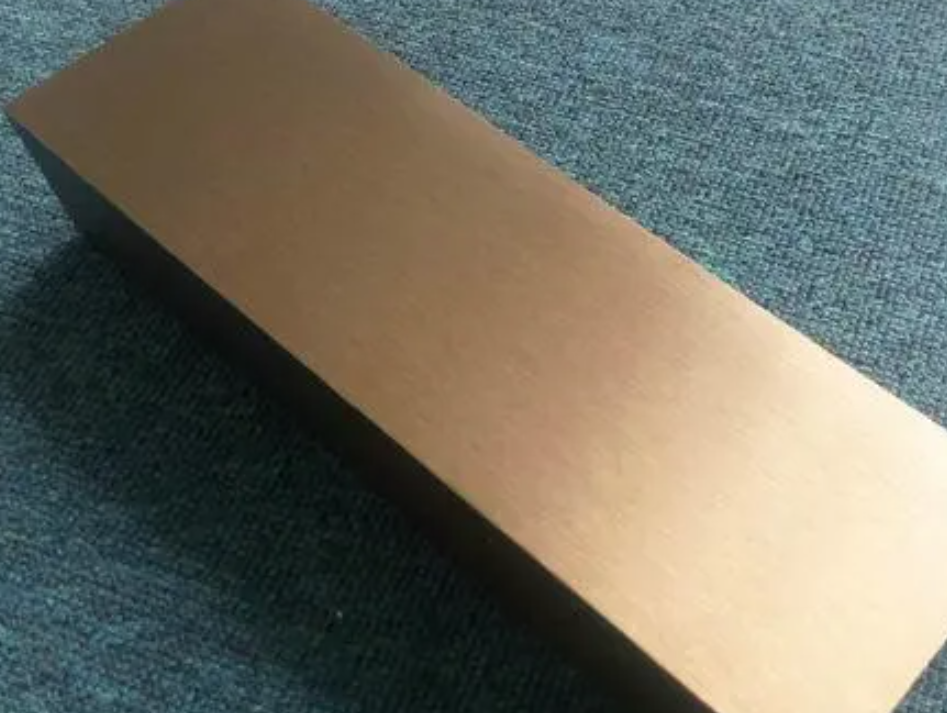Choosing anodized aluminum involves considering several factors to ensure that the material meets your specific requirements. Here’s a guide on how to choose anodized aluminum:
Purpose/Application
Determine the intended use of the anodized aluminum. Whether it’s for architectural purposes, automotive parts, electronic enclosures, or consumer goods, understanding the application will help you select the appropriate type of anodized aluminum.
Alloy Selection
Choose the right aluminum alloy based on your application requirements. Different alloys offer varying properties such as strength, corrosion resistance, and machinability. Common alloys include 6061, 6063, and 7075, each suited for different applications.

Anodizing Type
Consider the type of anodizing process required. The two primary types are sulfuric acid anodizing (Type II) and hard anodizing (Type III). Type II anodizing produces a decorative finish with a thinner oxide layer, while Type III anodizing creates a thicker, more durable coating suitable for wear-resistant applications.
Color and Finish
Determine the desired color and finish of the anodized surface. Anodized aluminum can be dyed to achieve various colors, or left natural for a metallic appearance. Additionally, you can choose from matte, satin, or bright finishes based on aesthetic preferences.
Thickness of Anodized Coating
Consider the required thickness of the anodized coating. Thicker coatings offer increased corrosion resistance and durability but may affect dimensional tolerances and part fitment. Ensure that the chosen thickness meets the performance requirements of your application.
Quality and Standards
Select anodized aluminum from reputable suppliers who adhere to industry standards and quality certifications. Ensure that the material meets specifications such as ASTM B580 for anodizing quality, thickness, and color consistency.
Cost Considerations
Balance your requirements with the cost of anodized aluminum. Factors such as alloy selection, anodizing type, and finish will influence the overall cost. Consider your budget constraints while ensuring that the chosen material meets performance and aesthetic needs.

Supplier Reputation
Choose a reliable supplier with a track record of delivering high-quality anodized aluminum products. Look for suppliers who offer customization options, provide technical support, and maintain consistent product quality and supply chain reliability.
By considering these factors, you can effectively choose the right type of anodized aluminum that meets your specific needs, whether it’s for structural, decorative, or functional applications.


